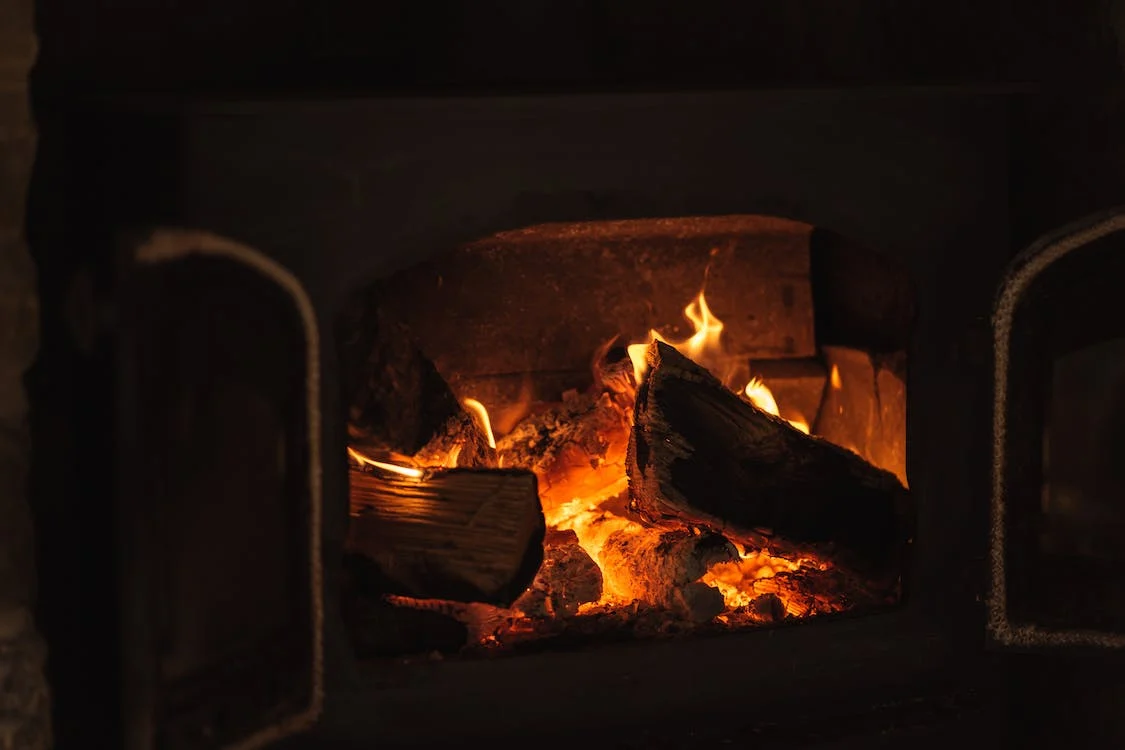When you’re building a new home, you naturally put a premium on fire safety. Non-combustible materials are favoured more and more, with good reason. Insulation is one of these materials, and it’s just as important for existing homes.
If you’re building or simply updating your insulation, there are plenty of fire-resistant options. Not only does this help protect your home and family, but can also save you money on insurance premiums. So, let’s explore fire resistant insulation a little further.
What is fire resistant insulation?
As they name suggests, fire resistant insulation won’t catch alight in the invent of a fire. There are several reasons this is important. Most of all, stop and think for a moment about where your insulation goes. In the roof cavity, the walls and under the floor. Generally, it’s wedged between timber and this can be a pretty flammable part of the house.
Should a fire break out in your home, fire resistant insulation won’t catch alight. Therefore, it helps to slow the spread of a fire. Click the following link to contact the most trusted Insulation Companies St. Louis.
The combustibility test
The Building Code of Australia (BCA) actually specifies quite clearly the term ‘non-combustible’ and what it means. It doesn’t just apply to insulation, but all building materials. It’s known as the AS1530.1 test, or the standard combustibility test.
The testing involves adding a small sample of the material to a furnace which burns at around 750°C. Basically, the material is deemed non-combustible if it passes the test. So, if you want your home to meet the appropriate building codes, non-combustible material is a must.
Glasswool is naturally fire resistant
Most glasswool insulation products are fire resistant, and have been through stringent testing in accredited laboratories. The beauty of glasswool, of course, is it’s made from recycled glass. Glasswool, which used to be known as fibreglass, is naturally non-combustible. However, it’s important to note that some types of fibreglass or glasswool insulation contain chemical binders.
These binders can in fact be flammable, so it’s worth checking carefully with your supplier before purchasing. You always want confidence that your insulation can slow the spread of fire and maximise the structure’s stability.
Protect your home during a fire
If you can imagine a fire breaking out in your home while you’re not there, you want to know your building materials can help slow the spread of fire. So, when choosing insulation, always look for fire resistant or non-combustible options. It’s the perfect way to protect your home and family, because older types of insulation can be quite flammable. Get rid of that old material today, and look for fully certified and tested fire-resistant insulation.
The added bonus of course, is saving money on insurance premiums. Many insurers, particular for commercial buildings, establish their own rules for fire safety. If your building is made with non-compliant materials (including insulation), they may refuse to insure. Alternatively, they may insure you because you meet the building code, but add an extra fee because you don’t meet their won code.

